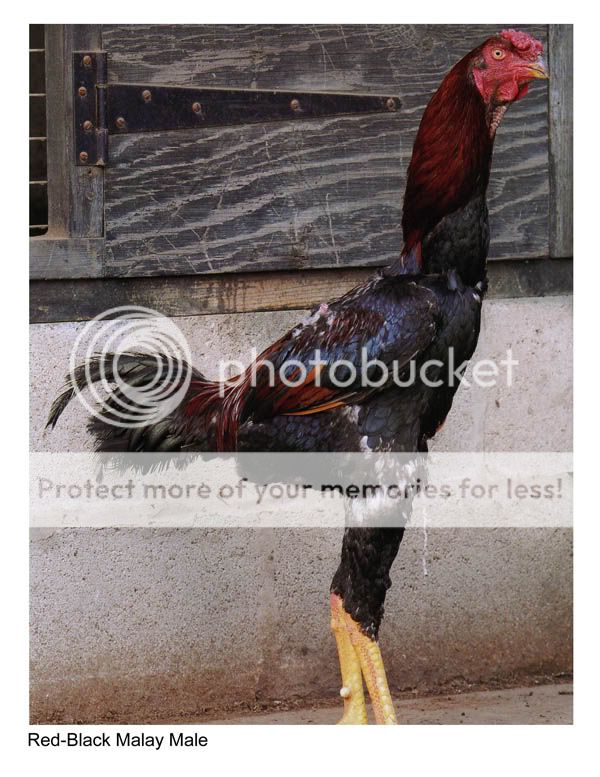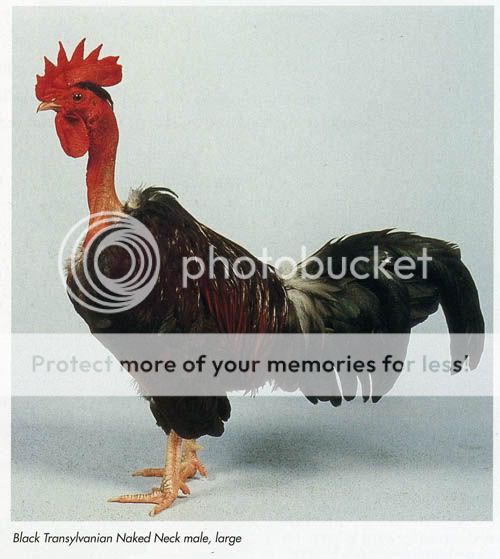Looks like I might be buying a gaft soon and I've always fancied the idea of keeping chickens for eggs.
Any one here do it in a suburban enviroment (just ladies no cocks). Do you need a licence? (I have friends that do it but are too far from humanity to notice..
Any one here do it in a suburban enviroment (just ladies no cocks). Do you need a licence? (I have friends that do it but are too far from humanity to notice..



